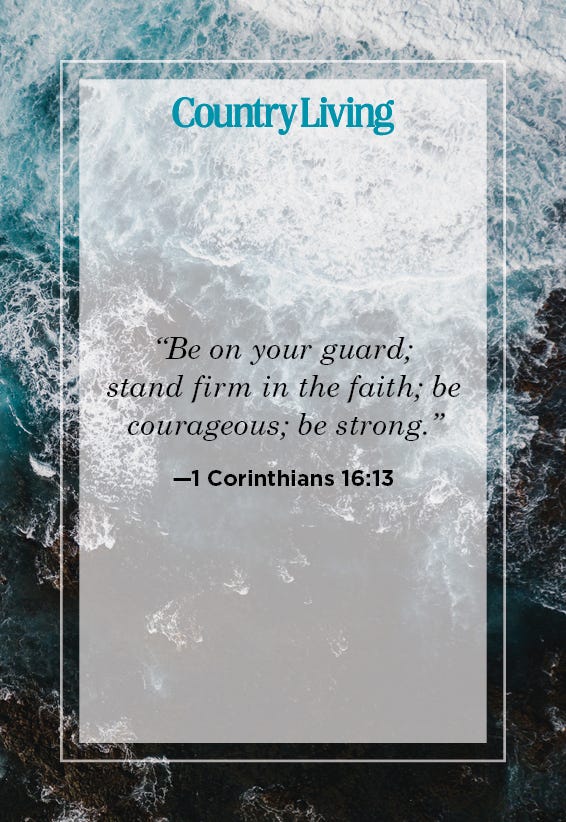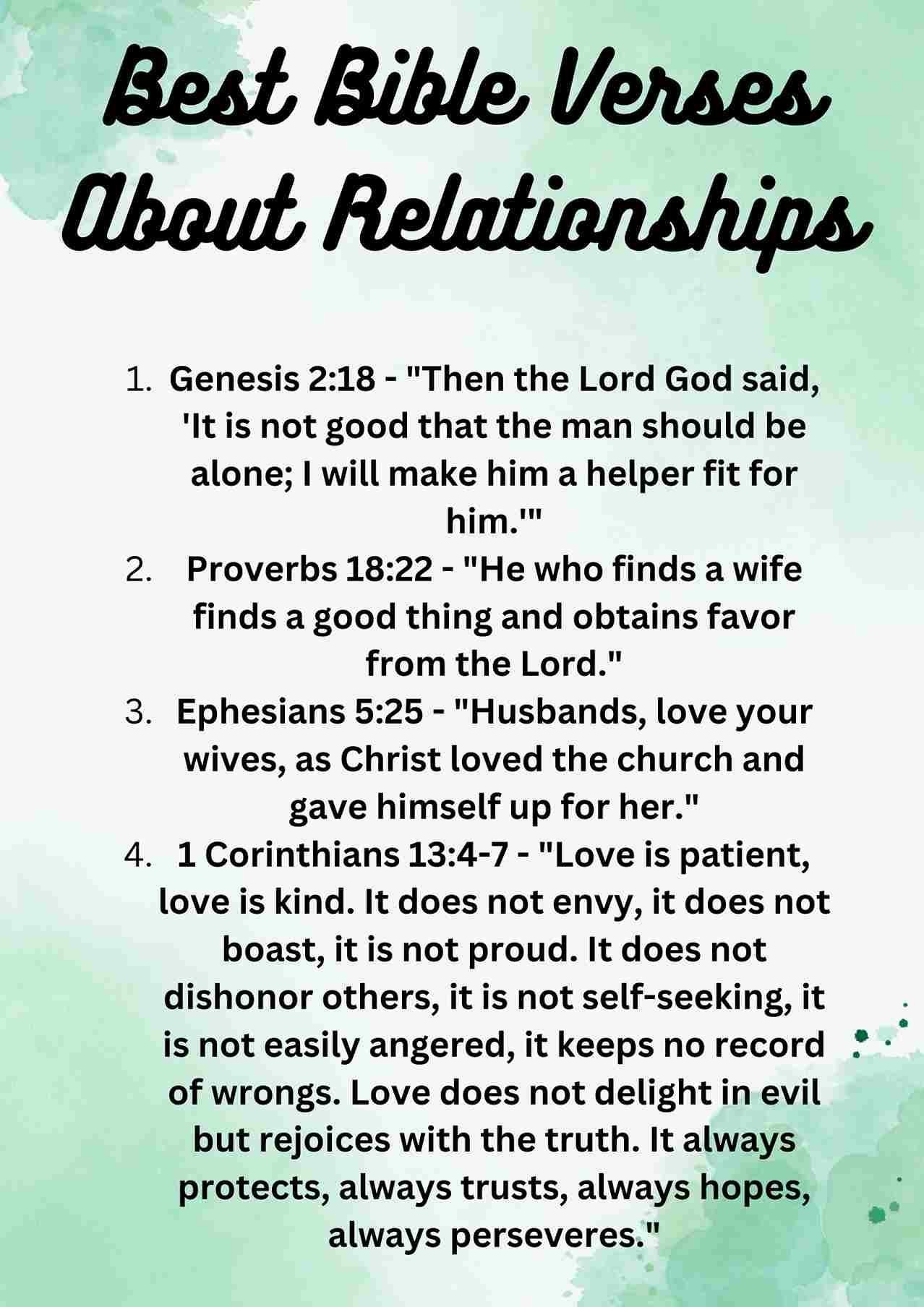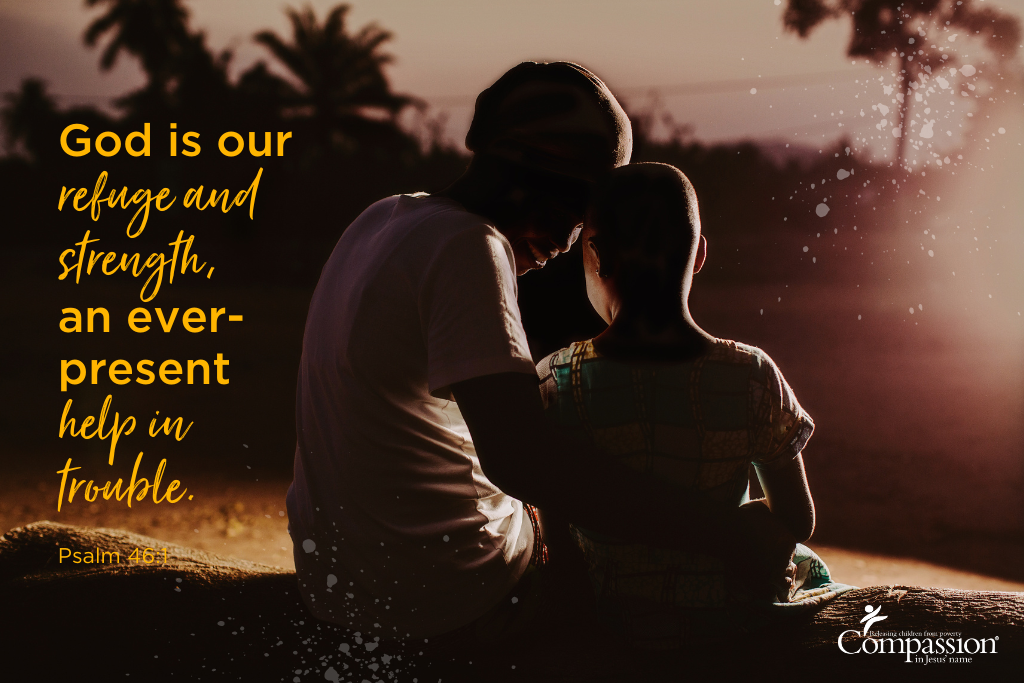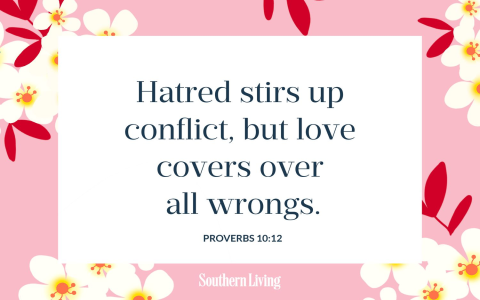Okay, so relationships, right? They can get really tough sometimes. I remember going through a particularly rocky patch myself not too long ago. Things felt stuck, communication was breaking down, and honestly, I wasn’t sure how to move forward. I felt a bit lost.

I started thinking about where I could find some solid ground, some real wisdom. Being someone who grew up with some background in faith, I decided to turn back to the Bible. It wasn’t like a magic switch, but I figured, let’s see what it actually says about handling disagreements, forgiveness, patience – all that stuff that gets tested when things are tense.
Digging In To Find Stuff
So, I literally just started searching. I grabbed my Bible, sometimes just opened it, other times I used online tools, looking up terms like “love,” “anger,” “forgiveness,” “patience,” “marriage,” “conflict.” It was a bit overwhelming at first, there’s so much in there. I spent a good few evenings just reading, highlighting passages that seemed to speak to the situation.
I remember spending time in Proverbs, looking for practical advice. Then I moved into the New Testament, reading through parts of Paul’s letters, like Corinthians, Ephesians, and Colossians, because I remembered they talked a lot about how people should treat each other. James and Peter also had some good, direct points about controlling your tongue and being humble.
Verses That Stood Out
After a while, a few specific verses kept jumping out at me. They weren’t complicated, but they hit home. Here are some that I really focused on:
- 1 Corinthians 13:4-7: You know, the “love is patient, love is kind” one. Reading that list – not envious, not boastful, not proud, not rude, not self-seeking, not easily angered, keeps no record of wrongs – it was like a checklist. It really made me think about my own actions and reactions. Was I actually doing these things? Mostly, no.
- Ephesians 4:2: “Be completely humble and gentle; be patient, bearing with one another in love.” Humility and gentleness weren’t exactly my go-to responses when arguments heated up. This one was a tough pill to swallow but felt really important. Bearing with each other, even when it’s hard.
- Colossians 3:13: “Bear with each other and forgive one another if any of you has a grievance against someone. Forgive as the Lord forgave you.” The forgiveness part is huge. Holding onto stuff just poisons everything. This verse was a direct command to let things go, just like I believe I’ve been forgiven.
- Proverbs 15:1: “A gentle answer turns away wrath, but a harsh word stirs up anger.” So simple, right? But in the heat of the moment, it’s easy to forget. I started trying to consciously remember this one when disagreements started brewing.
- 1 Peter 4:8: “Above all, love each other deeply, because love covers over a multitude of sins.” This reminded me to prioritize the bigger picture – the love – over the small (and sometimes big) annoyances and mistakes. Focusing on deep love could help overshadow the problems.
Trying to Actually Use Them
Finding the verses was one thing; actually putting them into practice was the real work. It wasn’t like I read them once and suddenly became the perfect partner. Far from it. What I did start doing was intentionally thinking about these specific verses during difficult moments.

When I felt anger rising, I’d try (not always successfully!) to recall Proverbs 15:1 about the gentle answer. Before reacting, I’d pause and think about Ephesians 4:2 – humility, gentleness, patience. When old hurts came up, I’d consciously think about Colossians 3:13 and the need to forgive as I’ve been forgiven.
Sometimes I’d write one of the verses down on a sticky note and put it where I’d see it often, like on my desk or bathroom mirror. It acted as a constant little reminder. I even brought up some of these ideas in conversation (carefully!), focusing on the principles like patience and forgiveness, rather than quoting chapter and verse like I was preaching.
What Happened?
Well, things didn’t magically fix themselves overnight. Relationship problems are usually complex. But focusing on these principles definitely changed me. It helped me regulate my own emotions better. It made me more aware of my own contribution to the problems, not just focusing on the other person’s faults.
Bringing a bit more gentleness and patience, even imperfectly, seemed to de-escalate conflicts more often. Working on forgiveness helped me let go of some resentment that was dragging us down. It shifted the focus from “winning” arguments to trying to understand and preserve the relationship itself, remembering that ‘love covers a multitude of sins’.
It’s an ongoing practice, definitely not a one-time fix. But turning to these verses gave me a practical framework and some much-needed perspective during a really hard time. It was a grounding experience for me, and honestly, it helped steer things in a better direction.










